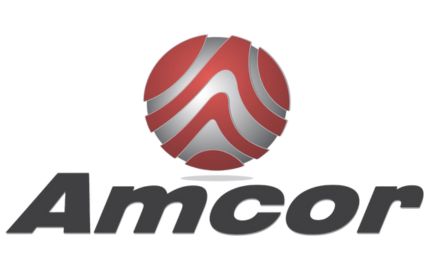There are two broad types of plastic resins: commodity and engineered. It is important that manufacturers understand the key differences in these two resin categories so the right resin can be selected for a given application. Below is a guide of commodity versus engineered resins as well as some of the most common products for each resin type.
Commodity Resins
Commodity resins are primarily known for being inexpensive, easy to process, and readily available. These characteristics allow commodity resins to be produced in high volumes. Nearly all industries utilize this type of resin and commodity resins are used to produce a wide variety of industrial and consumer products such as food packaging, plastic utensils, and children’s toys.
Commodity resins are a good option for applications where the product does not require significant durability and will not be exposed to extreme conditions. This type of resin is often used for everyday products that in many cases have a short life-cycle and will ultimately be thrown-away such as plastic cups. Below are some of the most common commodity resins.
- Polypropylene (PP): many industries utilized this resin due to its chemical resistance and low density that allows for light weight parts. Similar to other commodity resins, PP is relatively budget-friendly and can be mass produced. PP is versatile and is utilized by many sectors including automotive and consumer goods. PP is also safe for use in the food and beverage industry so manufacturers use PP for packaging and containers.
- Polyethylene (PE): one of the big advantages of PE is that it can be produced in a range of densities with the two most common being Low Density Polyethylene (LDPE) and High Density Polyethylene (HDPE). PE is also known for its shrink resistance and impact resistance. Similar to PP, PE can also be used for products within the food and beverage industry. PE has many uses such as toys, medical products, and food containers.
- Polystyrene (PS): this commodity resin has several characteristics that are similar to PP and PE, but the ones that set it apart are its ability to produce transparent products, such as food packaging, and its ability to be molded into a variety of shapes. PS is also flame retardant. Products made of PS include clear food packaging and plastic cups (i.e. Styrofoam).
Engineered Resins
Engineered resins have superior properties when compared to commodity resins. These plastics are often designed with a specific set of properties and end-use in mind. Engineered resins are known for their strength, resistance to chemicals and corrosion, and ability to withstand extreme temperatures and conditions.
In return for their higher-performance, engineered resins are more expensive than commodity resins. In some cases, manufacturers use fillers to minimize raw material costs while achieving the desired plastic properties in the final product.
These resins are often used in more critical applications such as military, medical, and pharmaceutical, and automotive. There are many different engineered resins available to manufacturers and the right resin choice is very dependent on the specific application. Below are two of Amcor’s newest engineered resins: Resam-PPS and Resam-HF.
- Resam-PPS is a complete raw material system from Amcor that produces light weight, rigid plastic foam to replace wood and other heavy structural products. Applications include construction, packaging pallets and runners, laminated cores, composite panels, and transportation (floors, walls and ceilings in commercial/recreational vehicles, trailers, automotive, marine). Below is more about Resam-PPS:
- A proprietary high melt strength polypropylene system designed by Amcor
- Produces structural foam sheet, plank, and profiles
- Extremely strong, light weight, and cost-effective
- Stiff with high compression strength (only 1% compression at 350psi)
- Closed cell foam with fine cell structure and smooth surface
- Excellent for heat welding or laminating
- R-value (thermal resistance) of 4.4 at 6 lb/ft3 density
- Recyclable, Sanitary, Fire and Weather Resistant
- Resam-HF is a proprietary ethylene-styrene based compound designed to replace PS foam. This engineered resin can also be used as an additive (compatibilizer) in PS foam. Applications include packaging, insulation board, and floor underlayment. Resam-HF has several key benefits over PS such as:
- Good impact strength (e.g. it is not brittle like polystyrene)
- Solvent and moisture resistant
- Produces foam that is half the density of PS with excellent thermal and sound insulation properties
- Dimensionally stable and is foamable on conventional PE or PS extruders
Amcor’s Commodity and Engineered Resins
Amcor’s technical team facilitates the selection of resin to best fit the customer’s unique issues by applying its knowledge of plastic materials and manufacturing processes. Our private label CORLENE products are prime resins, while our AMBLEND products are industry-proven custom blends designed to meet the specific needs of molders, foamers, extruders, and film manufacturers. We offer a wide variety of engineered resins including Resam-HR and Resam-PPS that were highlighted above. Our commodity resins include:
- Polyethylene – LLDPE, LDPE, MDPE, HDPE, EVA, EMA and Metallocene
- Polypropylene – homopolymer, copolymer, and HMS (high melt strength)
- Polystyrene – GPPS, HIPS
Amcor realizes that quick turnaround, on time delivery, a quality product, and personal service are what it is all about. Contact us today to learn how we can assist with your next project!
